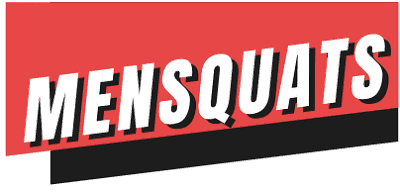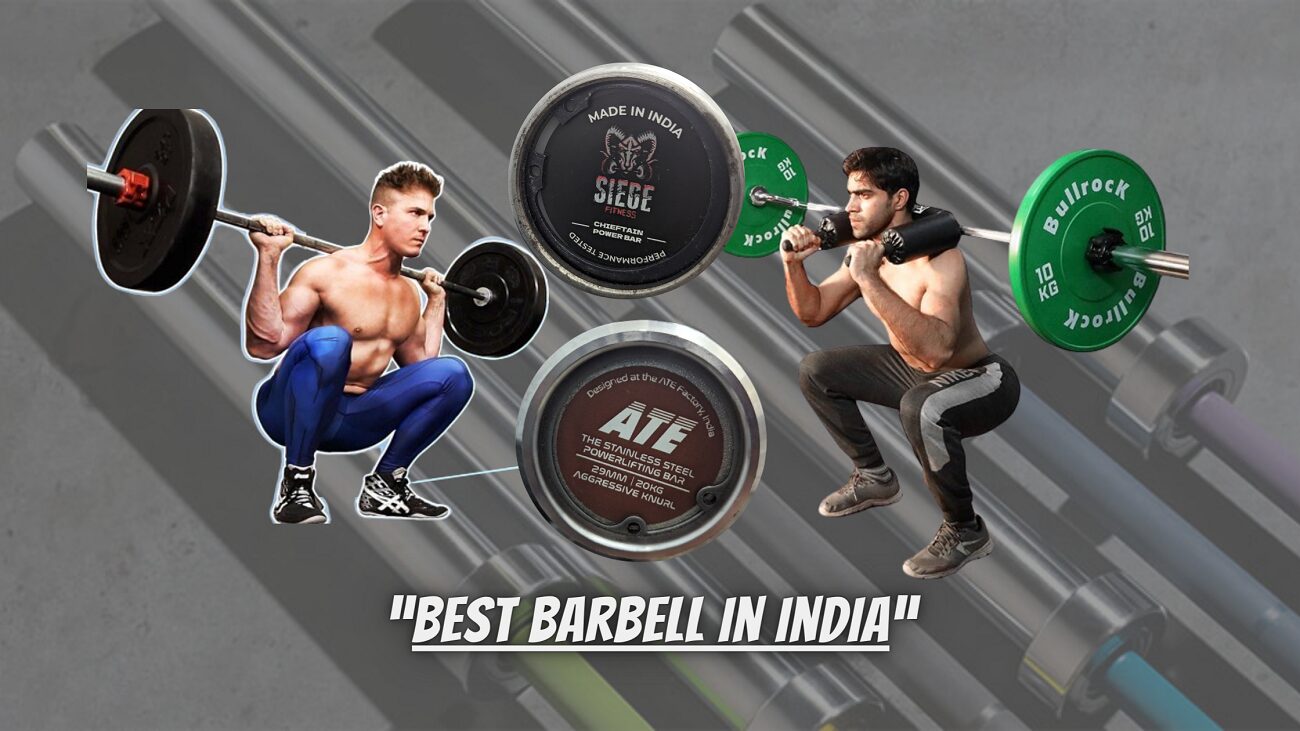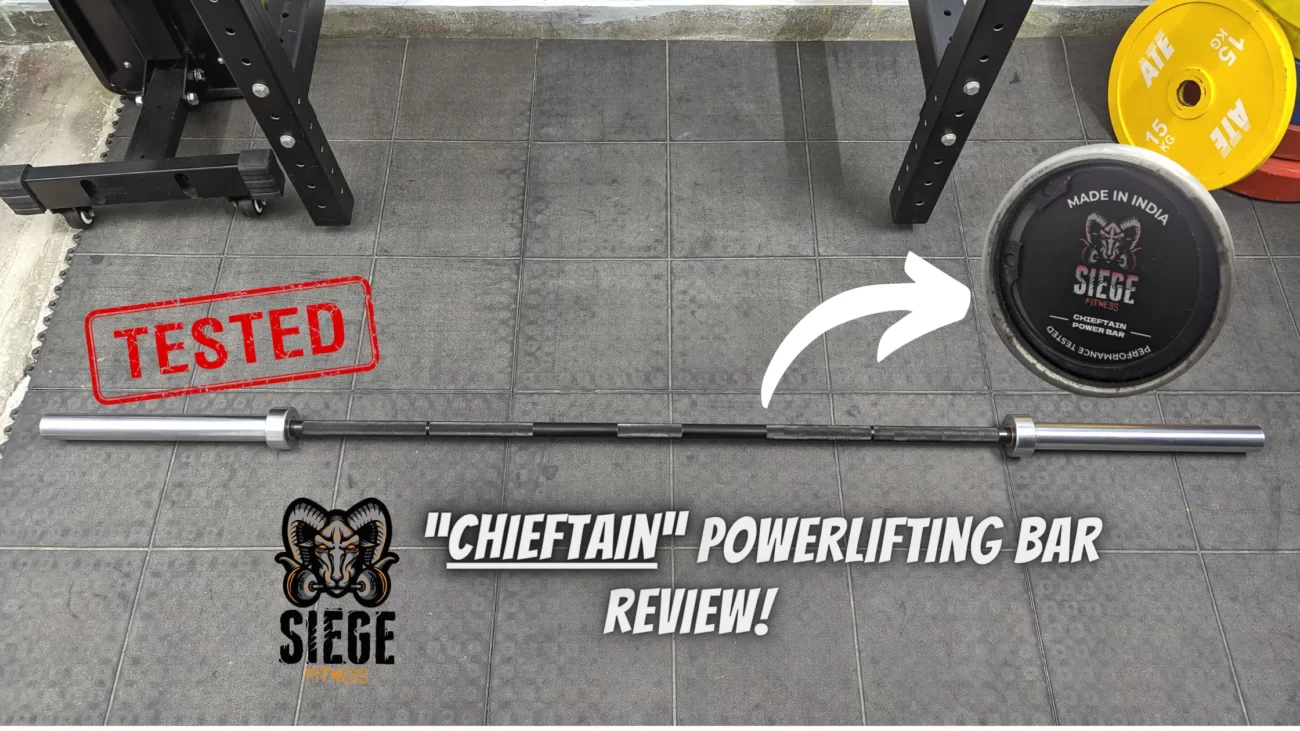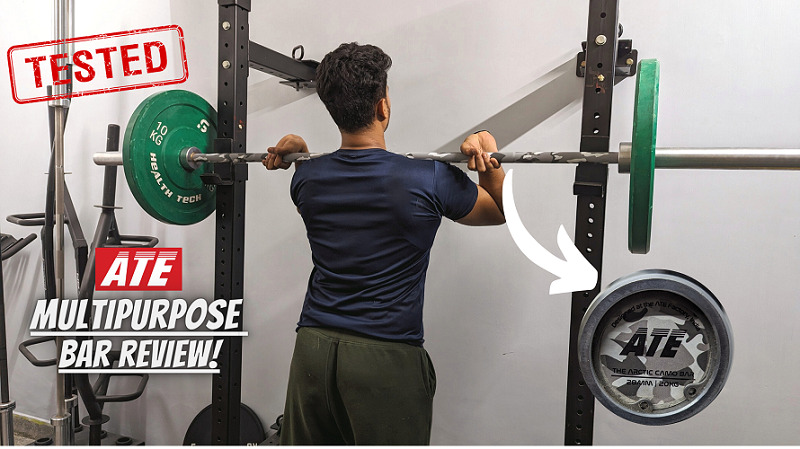How To Clean A Rusty Barbell In 4 Easy Steps?
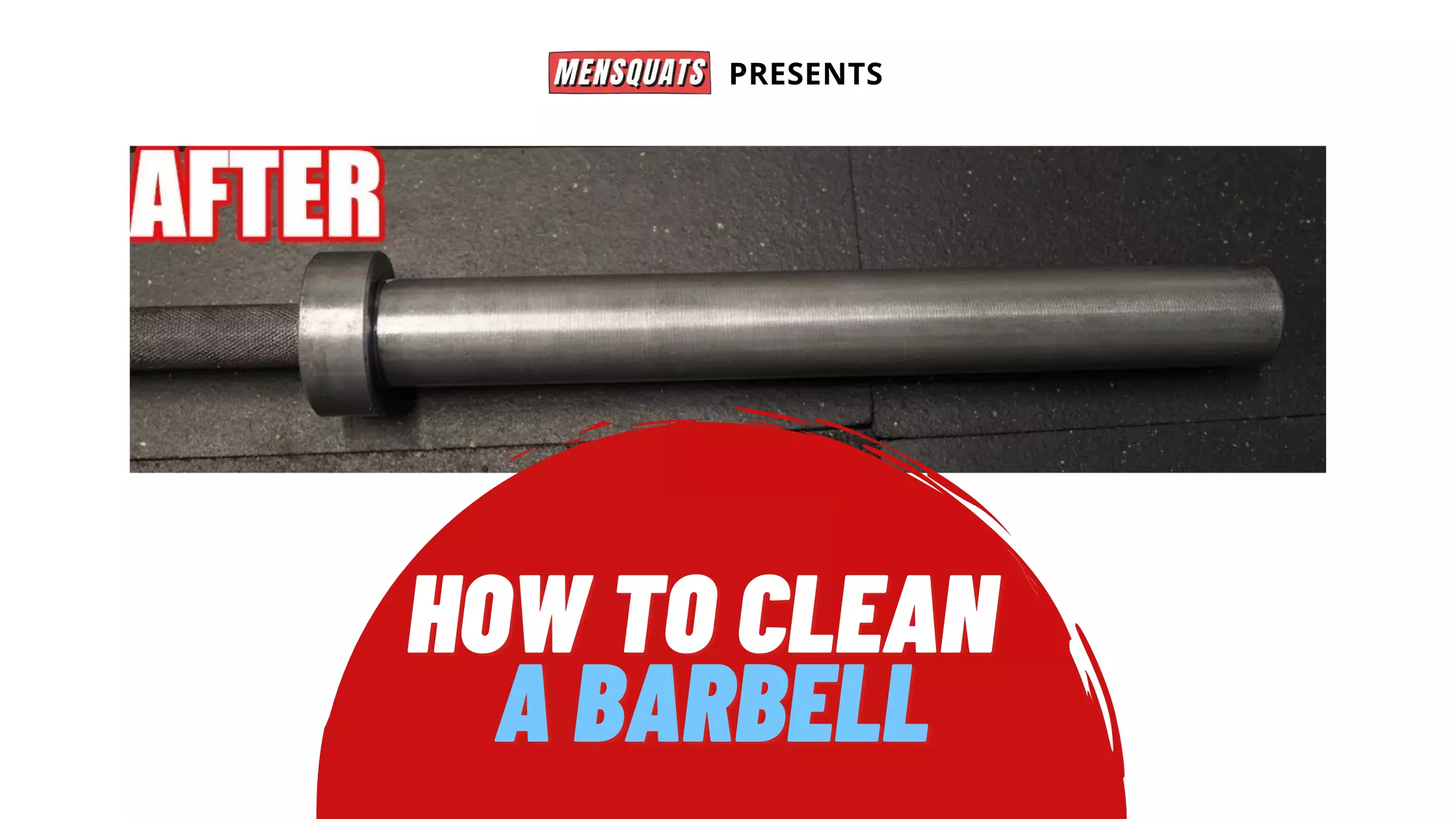
Today we are talking about some barbell cleaning basics.
It's really imperative that we keep up on it because we've spent a lot of money on these bars in most cases. Not only do we want them to last a long time, look great, but feel great in our hands, and by keeping up on the maintenance part, you can ensure that they remain nice and sharp.
Don’t worry, it’s going to be simple, easy to do, cheap, and will really going to extend the usability and lifetime of your bar. This will help your barbell (or dumbbell rod) to look as good as possible, which is important for some of us.
So regardless if you’ve just bought a brand NEW several thousand or hundred dollar barbell or maybe you bought a really cheap bare steel bar that you want to make sure would shine or be in a pristine condition. Then this blog tutorial is for you where we will talk about how to clean a rusty barbell.
Because over time, due to the climate conditions or environment you keep it in, metal can rust a lot more easily.
Things you would need to clean a rusty barbell:
There are three main things you’re going to need for this:
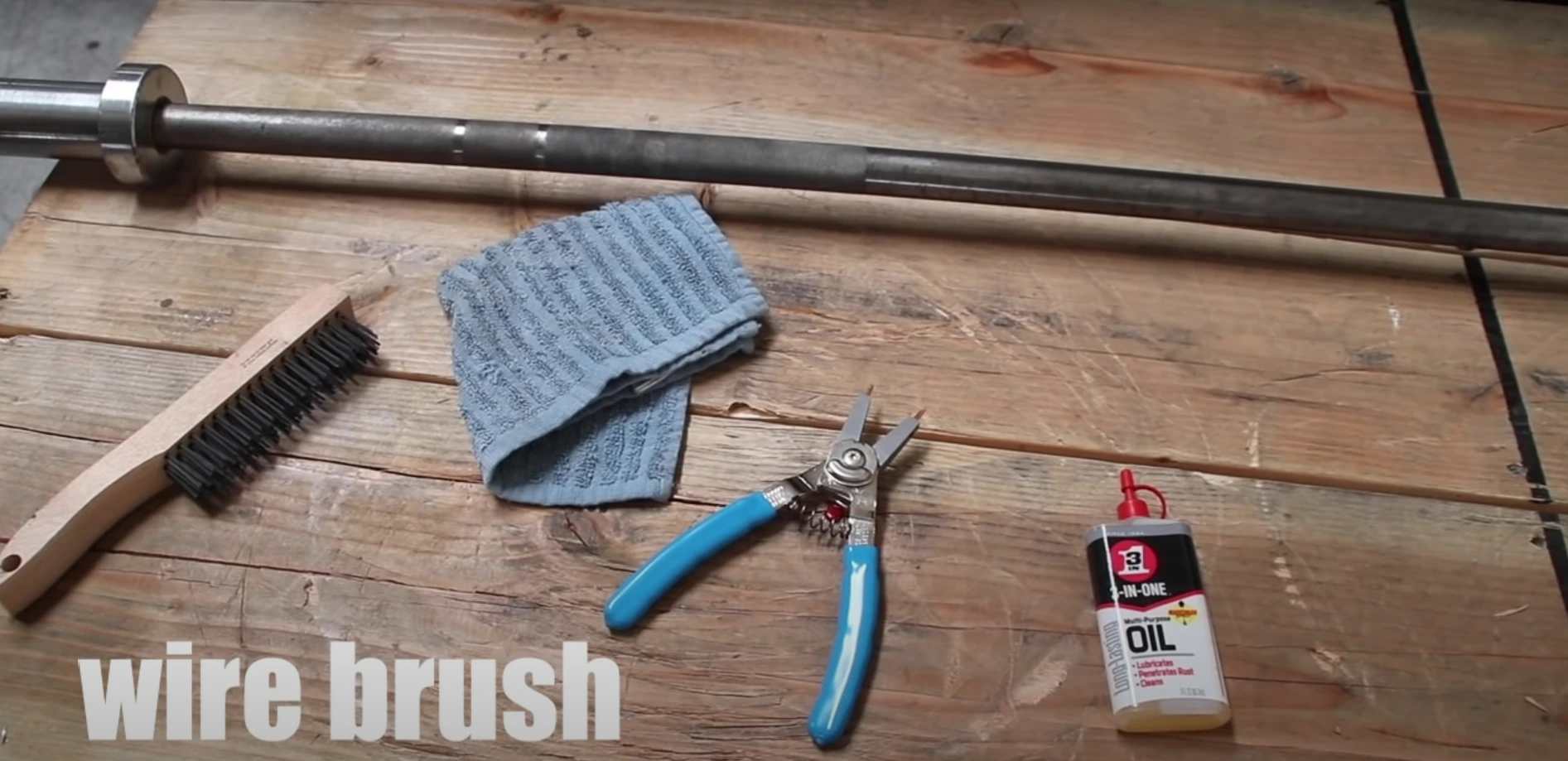
1.) Lubricating oil: Get any multipurpose machine oil because it’s cheap, and it’s usually found locally. In fact, many of you might already have some in your house.
You could also buy 3-in-1 Oil because they do make specialty products specifically for cleaning bars. While they might be a little bit better in terms of odor or how they’re formulated. To be honest, they do a very similar job in how they clean. Arrange any.
2.) Nylon bristle brush: Nylon is important here because it tends to be a more stiff material and you don’t want something all loosey-goosey that’s not going to be able to dig into the bar and the knurling. Get a nylon bristle brush because it’s not gonna tear up your bar. (Note: Don’t use metal brushes)
3.) Towel: Last but not least, what you’re also going to need is something to clean the oil off with something like an old towel or an old t-shirt. You don’t have to go and buy something new.
Although you very well could. But there’s no real benefit to buying a nicer rag because at the end of the day you’re just gonna be wiping crap up with it.
Those are the three things you need and, as I said, all can be found locally in fact, you might actually already have these at your home.
Now do some cleaning.
4 Steps to Clean A Rusty Barbell:
- Do a dry brush first to get all the crap off of it.
- Go and put the three-in-one oil on and brush that in as well.
- Let it sit for just a little bit long enough to soak into the metal some.
- Then go back with the towel and just make sure you get up off any of that excess. The whole process for a single bar hardly takes up any time.
Here you go.
You would possibly clean your barbell after that and it would possibly look like this.
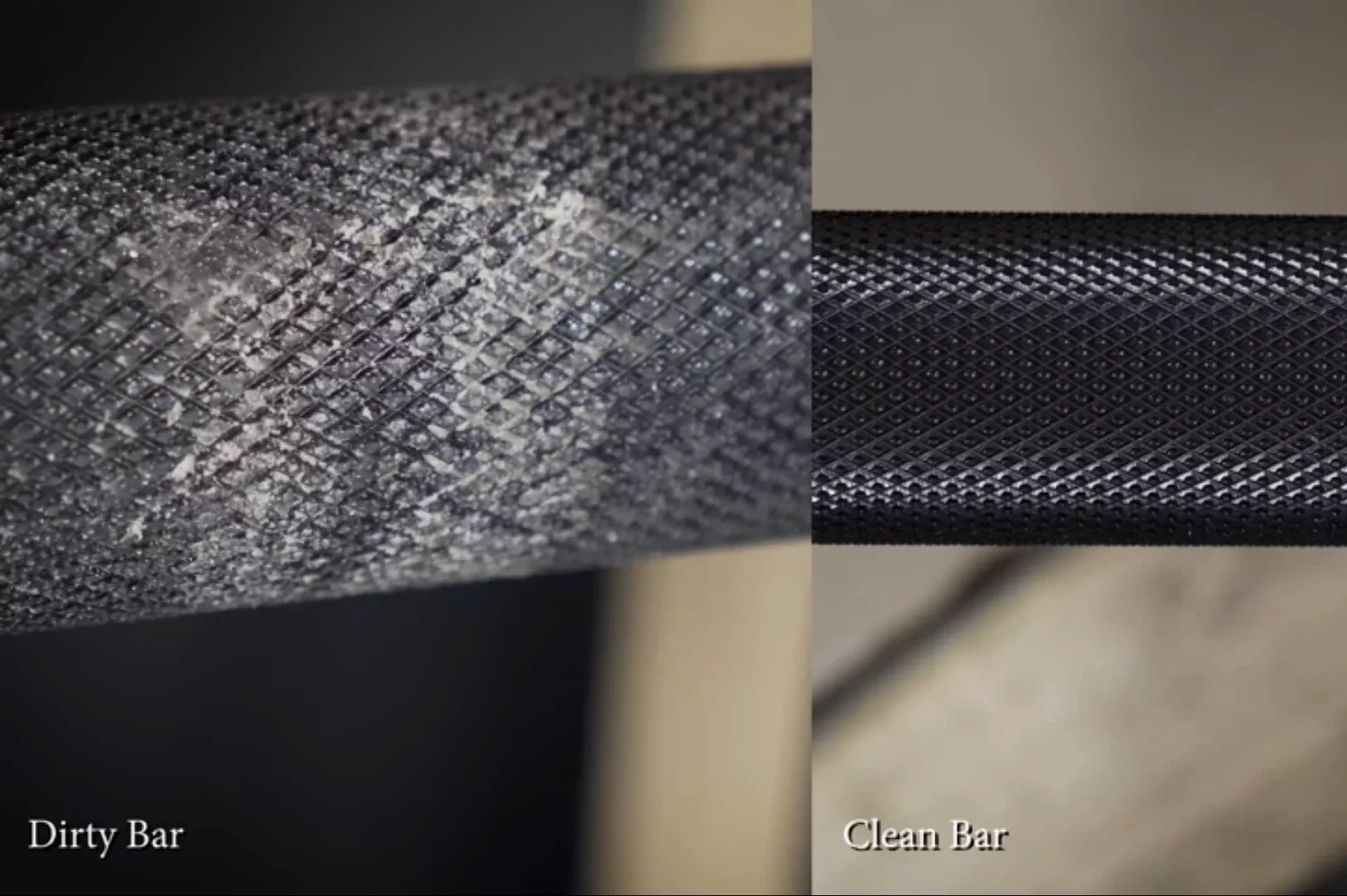
It won’t take away from your time of training.
Some more things you must do.
Do you use Chalk?
If you’re using chalk when you train, you’re probably going to want to do the dry brush after every single session that you use chalk. And if you know anything about chalk, the main purpose behind it is to absorb moisture mostly in your hands when you leave it on the bar.
It’s basically a trap to absorb moisture into the bar, which can thus increase the rate of oxidation and it’s a negative thing.
So just taking that brush to it really quickly just the dry form takes up hardly any time, and it’s going to really make sure that your bar stays fresh and looks good in terms of maintenance.
Do A Eye-Ball Test:
When you actually break out the oil. Do the eyeball test if you notice that your bars are starting to develop a little bit of rust which is more than likely to happen on any type of bar more so on bare steel but even some of the higher finished bars can still potentially rust depending on the environment you’re in.
Just give it the eyeball test or if you don’t want to do that. Simply set up a reminder for every single month to do barbell maintenance.
Take a look at the barbell and if it needs it, just clean it, and if they don’t just wait till the next reminder comes up. That way, what you’re really ensuring is that you’re going to get the best feel of the bar because there are no rust or oxidation things.
Like this, the sleeves are staying relatively clean as well and you’re really making sure that you’re getting a good-looking lifetime bar with lots of usabilities.
That’s all!
FAQs
Q: What will happen if the barbell Rod gets wet in the rain?
You can keep a barbell out, but if it starts raining or gets wet in other ways, it will surely start rusting. The barbell is also more readily gets dirty when kept outside, so it is preferable to keep a sheet of tarp or canvas to keep it covered.
Q: Can we use metal brushes to clean the barbell?
No, metal brushes could potentially end up damaging your bar more than helping them. That’s because the metal and the brush could be actually stronger than the steel which is going to scratch your bar or even the finish you have it.
Even if you have a black phosphate, zinc chrome, or a cerakote barbell, whatever the case may be. A really stiff, hardened metal in a brush could damage that which is something that we don’t really want for obvious choices.
If you have other questions and leave that in the comment section below, I’ll think about doing a more advanced tutorial.
Thanks for reading.
Share if you liked it.
